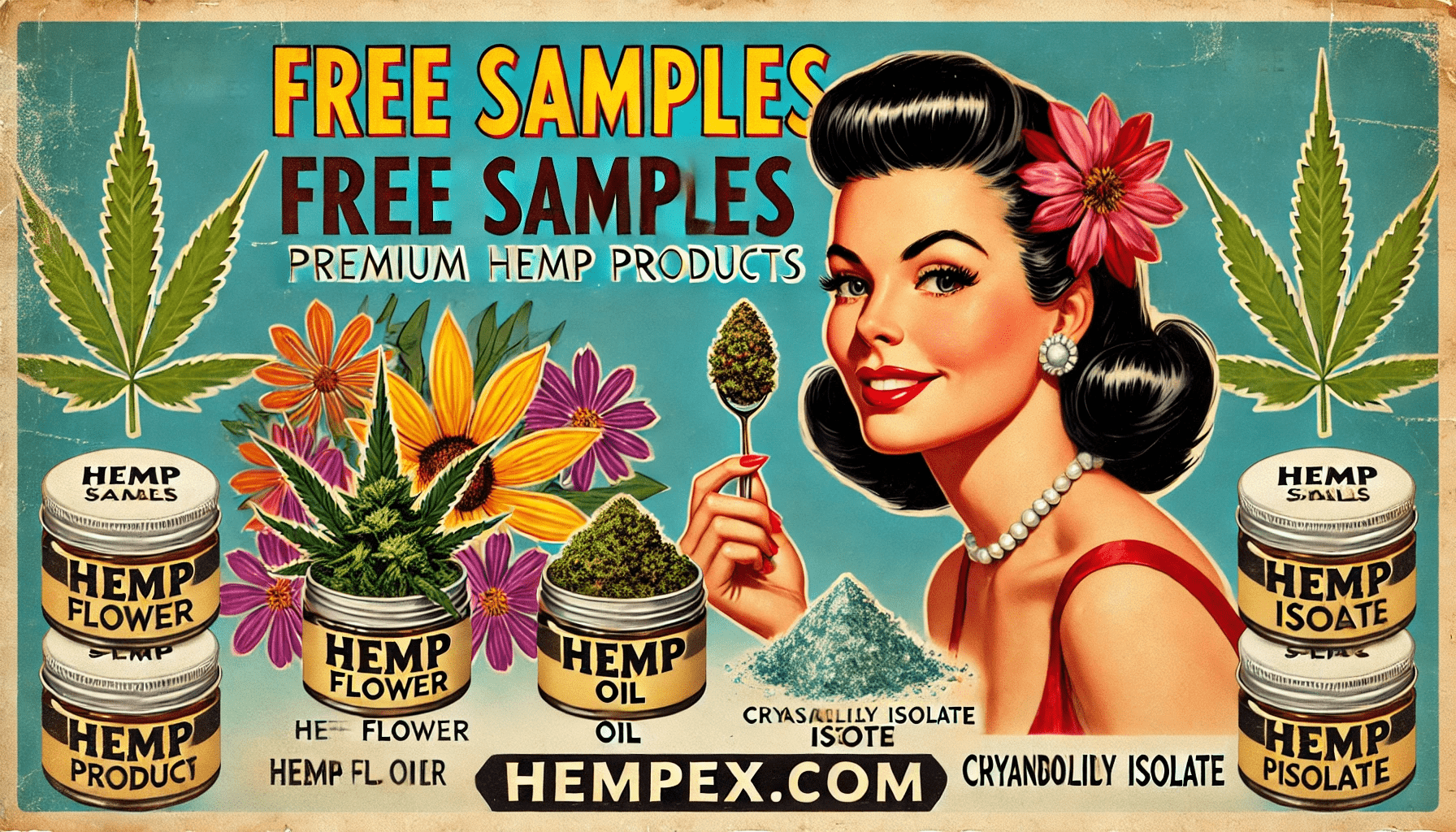Legality of CBD Oil
The legality of CBD Oil is a complex and evolving subject. CBD oil or Cannabidiol is a therapeutic compound derived from hemp and cannabis flower and plant material. It has recently be legalised and is the subject of great interest from researchers, health professionals, patients and consumers.
Is CBD Oil Legal?
CBD Oil is a type of cannabis oil and is generally regulated differently depending on its origin and use.
CBD Oil products are widely used as medicines, health and wellness products in many regions around the world.
CBD Oil Legal and Regulatory Considerations
CBD Oil is subject to many overlapping legal and regulatory frameworks including INCB regulations on the control of narcotic drugs, state and federal drug enforcement, food and medical regulations, and hemp and agricultural regulations.
Hemp Derived CBD Oil Legality and Regulation
In some regions regions hemp derived CBD oil is legal and regulated as a hemp product, but is also subject to normal food and drug regulations. CBD Oil may also be subject to regulations for medicinal cannabis, recreational cannabis or illicit cannabis.
CBD Oil that does not meet the legal definition of hemp or which has not been produced in compliance with local hemp regulations may still be illegal.
Always undertake your own due diligence when considering buying, manufacturing or distribution CBD Oil products, and pay special attention to understanding and following local regulations.
When purchasing CBD Oil, always purchase form compliant ethical producers who comply with local regulation.
THC Content of CBD Oil impacts Legality
CBD Products containing THC are more heavily regulated. Shipping any product containing >0.3% THC is likely to be illegal in most regions. Shipping any product containing any THC is often illegal even where CBD products are legal.
Be particularly careful as many vendors and brokers will falsify THC levels on test results to facilitate sale and shipping. Regulators and law enforcement officers will perform their own tests and inaccurate test results provided by vendors will not protect you in the event of posession or distribution of products containing significant quantities of THC.
Remember, even where hemp is legal, products containing >0.3% THC are considered to be marijuana and shipping such products may be considered as narcotic trafficking.
CBD Isolate Products are Generally considered as Pharmaceutical Drugs
Even where hemp is legal, and hemp extracts containing <0.3% THC such as CBD oil and CBD distillate are legal regulated products, CBD isolate and other purified cannabinoids are often considered as pharmaceutical, prescription only drugs. While these may seem to be legal hemp products, in some regions, under some interpretations, possessing, marketing and shipping isolated cannabinoids without appropriate pharmaceutical licenses may be considered comparable to dealing valium or viagra. Obtain legal advice, particularly when dealing with commercial quantities or conducting business using isolate products.
CBD Oil Legal Warnings and Considerations
Even where CBD oil is often legally considered as hemp, marketing or selling CBD oil as a medicine or supplement has additional legal implications. This is especially the case when CBD oil products make medical claims such as “treats disease XYZ” or “May help with problem ABC”.
If you are considering manufacturing or selling CBD Oil products you should undertake extensive due diligence to ensure your production, marketing and packaging is compliant.
CBD Oil products are derived from hemp or cannabis – in many parts of the world they are viewed as an illegal narcotic. Always do your own due diligence to understand the legal and regulatory requirements to buy, produce or consume CBD oil in your region.
Be particularly careful when buying internationally – many companies will claim their products are 100% legal, but this may be only true if these products are sold locally. In general as soon as you ship CBD products across state or national borders different regulations will apply.
CBD Guidelines for Example Markets
The below guidelines are presented for educational and informational purposes only. You are responsible for doing your own research. Regulations are subject to change and are sensitive to the specific context, product and location.
CBD Oil legality in the USA
In the USA, CBD Oil products are considered to be hemp providing they meet the definition of <0.3% THC. State rules and laws around the marketing of medicine should also be considered when selling CBD oil products.
CBD Oil Legality in Europe and the UK
In Europe CBD Oil is regulated as a novel food, and while legal, it is subject to registration and approval pathways before it can be marketed as a medicine or supplement.
CBD Oil Legality Australia
In Australia, CBD Oil is regulated under the medicinal cannabis legislation. CBD is scheduled S4 (prescription) but non-registered products require special considerations appropriate to medicinal cannabis.
CBD Oil Legality New Zealand
In New Zealand CBD Oil is a prescription only product but does not require special medicinal cannabis approvals.
CBD Oil Legality South Africa
CBD Oil legality in South Africa and many other newly legal markets tends to be similar to that in Australia and Europe.

